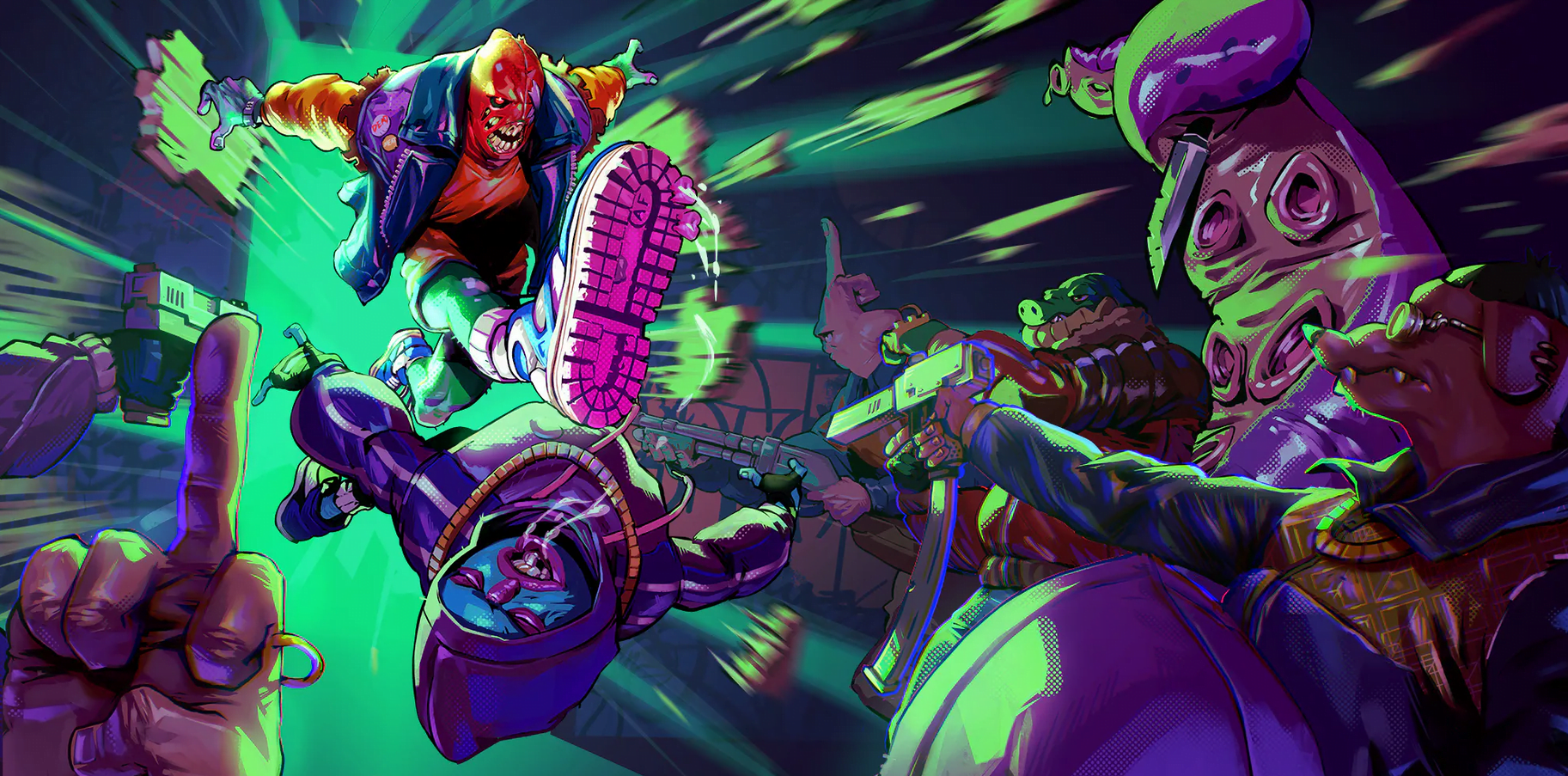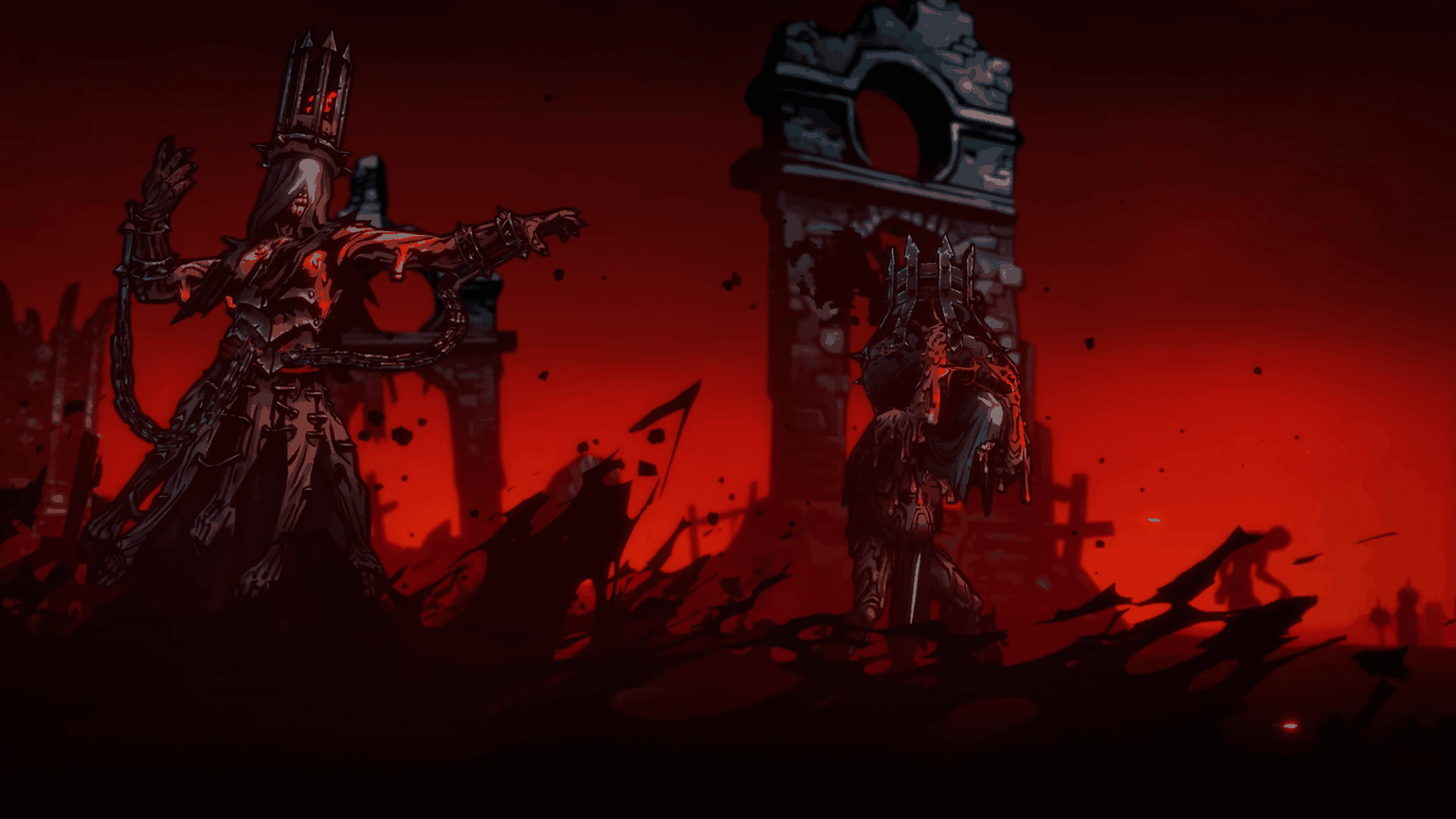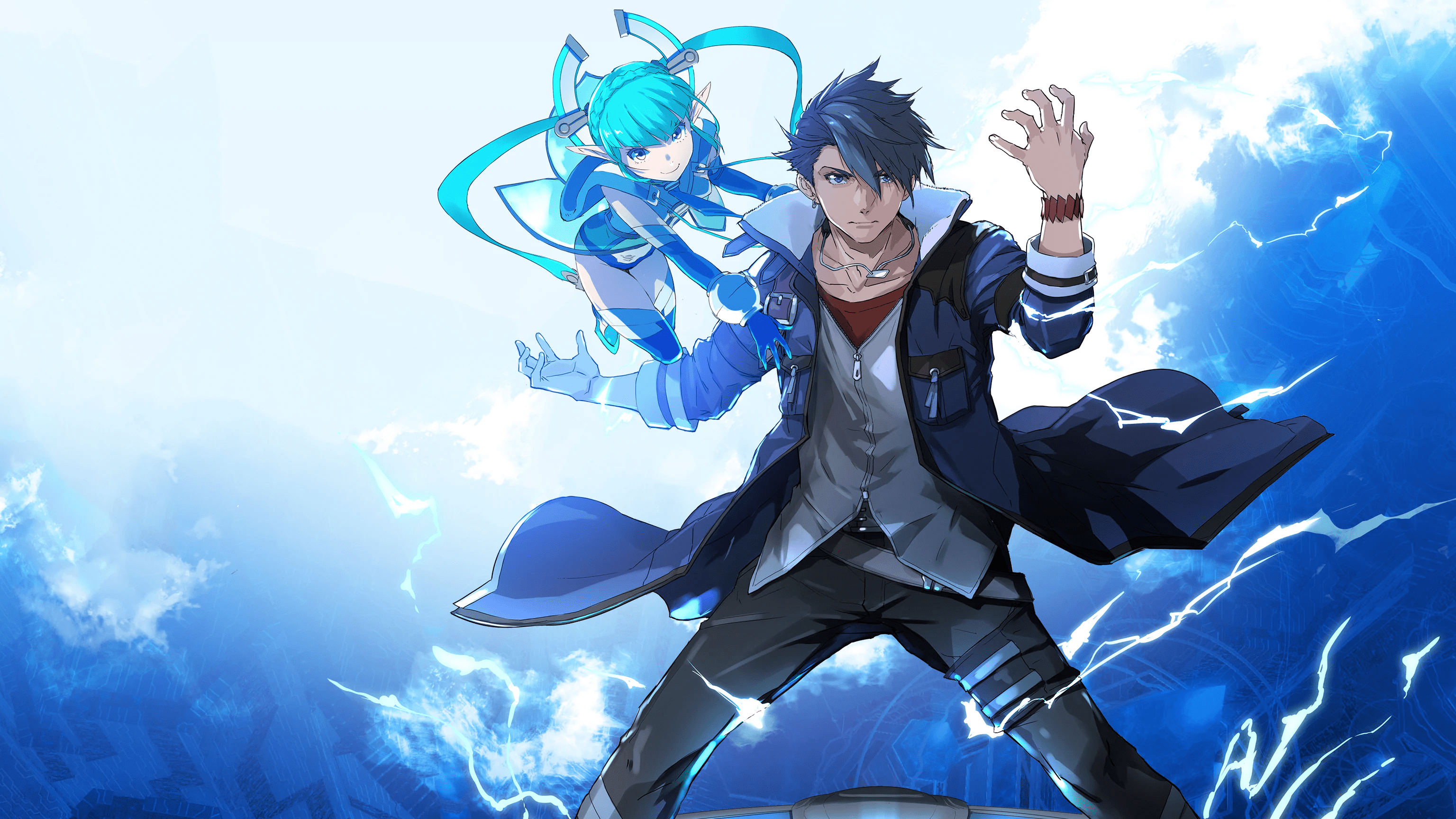It’s not easy being a god, and apparently making a game about being one isn’t either. Over the years, the God of War franchise, which started out as one of the landmark franchises for Sony’s consoles and portables, eventually turned stale. After its last entry, 2012’s God of War: Ascension, the franchise went into slumber, with little to no news in regards to its future up until E3 2015, when a trailer for a new game was shown during Sony’s press conference. Since then, we’ve gotten scarce details in regards to it, other than the setting, which takes Kratos from his homeland of Greece to the distant and chilling Nordic kingdoms, and that he would have a son following him along for the ride. Other than that, not a whole lot.
Having played through the game over the span of three days, I can safely say that Sony Santa Monica’s bet on keeping details hush hush paid off in spades. The simply titled God of War — technically it’s the fourth entry in the main series, but the sixth game in the franchise as a whole — is a fantastic reinvention for what we’ve come to know God of War as, while maintaining the core look and epic feel of the original games. Kratos’ newest adventure doesn’t reinvent the videogame wheel in any way, but everything that it does is incredibly polished, well thought out and most importantly, it’s all brilliantly realized.
Years ago, if you had told me that I’d care about the story in a God of War game, I would have laughed you out of the room, but here we are. Yes, this game’s story involves huge fights, violence, cursing, and of course, lots of screaming and anger, but before any of those things, it’s about grief. Kratos put his tragic past behind him and built himself a new life, as he now sees himself having to take care of his son Atreus after his wife passes away, having to fulfill the promise of carrying her ashes and scattering them from the top of the highest mountain. It sounds like a simple, emotional task, but nonetheless a rather straightforward one. Turns out it isn’t, taking the two through a rollercoaster ride of blades, pain, and most importantly, discovery, considering father and son don’t really know each other very well at the start, since Kratos hasn’t exactly been very present.

Now voiced by the deep, stony Christopher Judge, who’s famous for the role of Teal’c in Stargate SG-1, Kratos is as gruff of a character as he’s ever been right off the bat. A man of few words, he has even fewer to share with his son, who he almost solely refers to as “boy” when the game starts. Little patience is spared teaching him the ins and outs of hunting at the outset of their adventure. Thanks to excellent character development delivered through a well-written script and even better acting from all parties involved, we’re given an evolving Kratos, a far cry from the screaming storm of violence bent on blind revenge we’ve come to know from previous entries. Sure enough, Kratos doesn’t mince words when dealing with anyone, let alone his only living family member who just happens to be tagging along. Atreus, on the other hand, is more than keen to talk and deal with others more openly, as any kid would, who surely has his own ups and downs throughout the game. He’s brash, curious, noisy, even sometimes bratty and annoying, everything that Kratos hates, but in the end, he’s his son and he looks after him in his own man-of-a-few-words way.
That relationship carries over to all other aspects of the game. Whether it’s running around just taking in the sights and absorbing the rich atmosphere built by the team over at Sony Santa Monica, solving environmental puzzles (or the more direct kind), talking to NPCs or even fighting the many battles you’ll come across throughout the game, there are moments abound with bits of development that slowly cement their getting to know one another, up to the very last moment of the 35 or so hours that it takes to finish God of War’s story.
And for much of that time, you’ll be doing what God of War’s been known for: fighting and getting outnumbered by bigger and stronger enemies. This time, though, Kratos isn’t alone, and Atreus pulls his weight during battle by providing ranged support with his bow while his dad takes things close and personal with his wife’s old axe, which just happens to also be quite handy as a boomerang of sorts, returning to his hand on command anytime he throws it. And throw it he does, for a variety of different things. In battle, it serves as a missile that causes heavy damage and can help break through the defenses of enemies that like to turtle in behind shields. The combat itself starts out slower and somewhat more strategic than previous God of War games, thanks to the camera angle that’s fixed on Kratos’ right shoulder at all times, which can be flipped when he turns around to hit whatever is attacking from behind, something that happens quite often, since enemies don’t take turns hitting you, ganging up and combining forces to take you down.

As you learn new moves by spending the experience points you accrue when completing quests, picking up collectibles, finishing fights and so on, the combat gets faster, more chaotic, and most importantly, incredibly satisfying. New enemy types are thrown in with the old, and those combinations help keep encounters fresh all throughout the game. Even when you feel like you mastered destroying the big stone-carrying trolls, there’s always a twist in the way they fight that help keep you on your toes when tackling every one of these fights. Atreus also evolves over the course of the game, allowing him to jump into the fray and immobilize enemies, revealing their weaknesses so Kratos can finish them off more easily.
I did mention quests, and that’s a first for a God of War game. While not exactly as numerous as say, The Witcher 3, God of War features quite a bit of side content to partake in outside of the story, which thankfully allows you to just explore the world and finish missions at any point in the game. As expected, these require you to go off the main trail and find different locales to explore and fight your way into and sometimes solve a puzzle or two. While I’m not making it all sound particularly exciting, the extra content is quite well done and fits in well with whatever else you might be doing at any point in the game. They’re also surprisingly deep in terms of writing, giving an added incentive to complete them, outside of the rewards, which are also plenty, like unique pieces of loot that are otherwise inaccessible.
You heard it right, God of War is a loot game. Luckily, it’s not that kind of loot game, nor is it a grind fest like Diablo 3, but for all intents and purposes, there are color-coded pieces of equipment that you can craft or otherwise find and earn in the world, each with its own stats and even bonuses. There’s even the option to customize equipment sets that benefit specific playstyles, so if you find yourself favoring a certain type of approach in combat, such as a more in your face manner of fighting (like me!), you’ll have loot that can help you excel. Late game items even come in sets, so your Kratos won’t look like a Mardi Gras dropout. There are even socket gems that go into your axe and equipment slots, and the farther you get into the game, the more specialized these suckers get, helping further fit you into whatever niche you decide to go with, even going as far as giving you abilities that ‘proc’ during combat and boost your attacks or your defense.
Much can be said about how great God of War is to play and enjoy, but there’s even more to touch upon when it comes to presentation. Regardless of which of the PlayStation 4 models you play this game in — I played it on a base, release era PlayStation 4 and it ran fine — God of War looks and sounds absolutely amazing. Kratos himself is ridiculously detailed and impeccably animated (be it during combat, just standing around or even during simple one-button platforming), which is to be expected, since he takes about a fourth of the screen at all times during gameplay. The world itself is a sight to behold, with enough visual variety to keep you surprised at every new transition during the story. Even areas where you’ll be continuously making your way across, like the lake shown in pre-release trailers and videos, manages to be quite different each time you row across it, revealing new areas to explore and find stuff to mess with.

The score is also noteworthy. Headed by Bear McCreary, the soundtrack is contained, but at times understandably grand, epic, orchestral. It shares a lot with the latest Zelda game in how it keeps itself quietly in the background, and swelling at opportune moments. As mentioned before, the voice cast does a great job bringing characters to life, especially the ones you’ll spend the most time listening to, thanks to the way they interact and play off of each other. Be it Kratos telling one of his “objective” stories while rowing around on a boat with his kid, or interacting with one of the blacksmith brothers, there’s always some sort of dialogue going on throughout the game, and I haven’t run into one that was not worth paying attention to.
That says plenty about the writing that builds the story from beginning to the end of God of War. This relationship grows and compounds into something that will grow beyond this new reinvention of Kratos’ lore, and extend into whatever sequels it’ll hopefully get. The world of Norse mythology is certainly rich enough to warrant even more games, and from the little of it that’s touched upon in this, there’s plenty of strings left to be pulled, be it areas and worlds that are teased in maps to the scale of consequences that the story closes off with. There’s a lot of potential, for sure.
God of War is yet another stellar addition to the ever growing list of must-play PlayStation 4 games. It manages to give a personality to a character that was otherwise as deep as a puddle, maturing him into much more than an avatar for us to step into and raise hell. Sony Santa Monica has given us reason to care about where his story will lead, and most importantly, delivered one hell of a ride to seamlessly play and enjoy through and through, from the intro screen to the credits.




